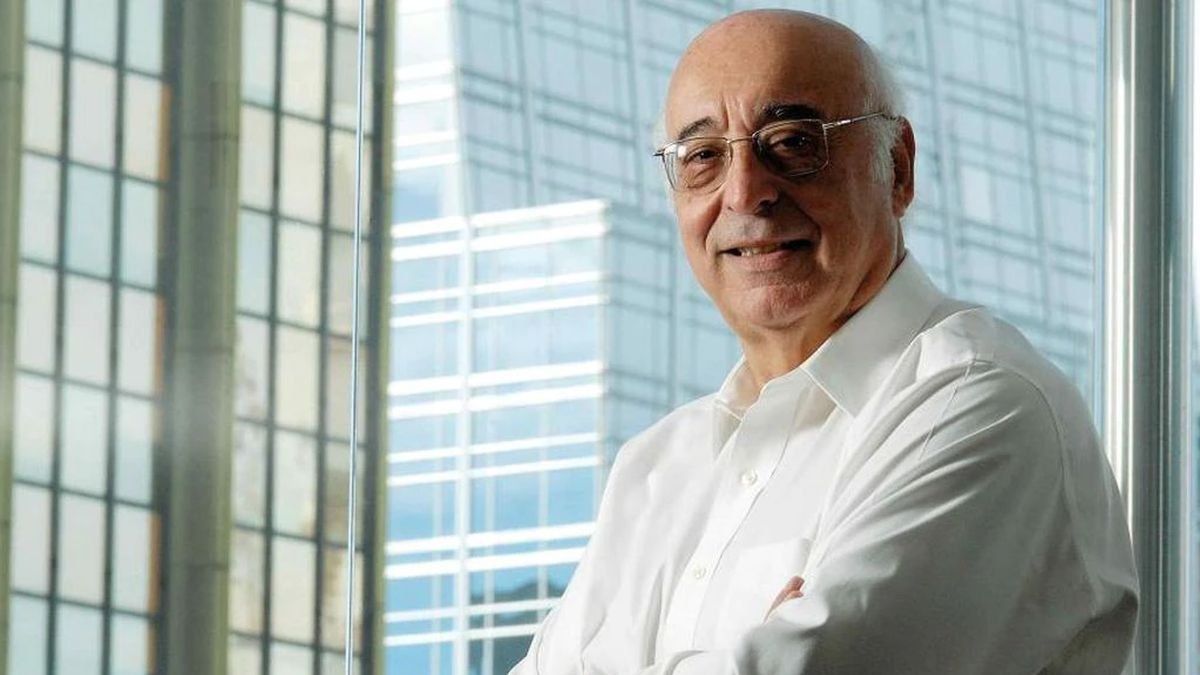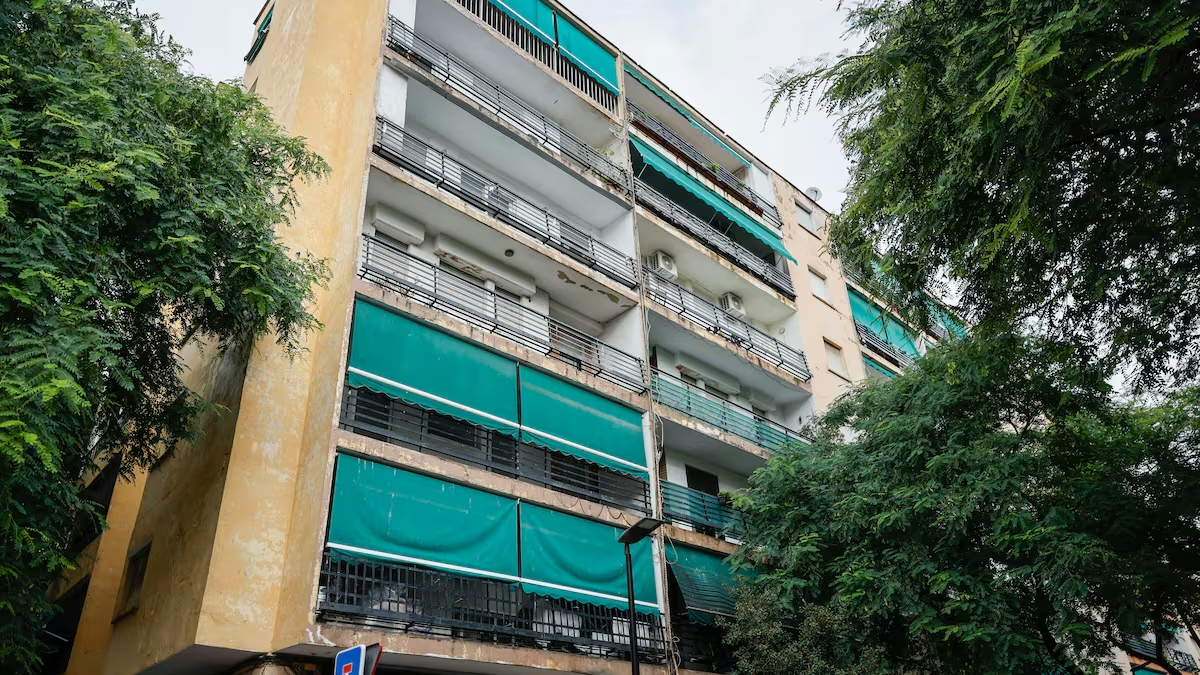Broda said he had “five doubts” about the economic program: the lack of a stabilization plan, the speed of recovery of the economy, the exchange rate delay, the exit from the stocks and the management problems.
“The Government is in love with the reduction in the inflation rate thinking that they have a stabilization plan and in reality inflation is going down without a doubt and will continue to go down,” said Broda in an interview with LN+, but he stressed that “to “To go to a successful program that brings inflation to one digit annually, you need to communicate well and above all break the different types of inertia that exist.”
The economist acknowledged that “the Government is having success in lowering inflation,” however, he assured that his “impression is that it is going to stabilize at a number of four or five percent per month, which is very high. There we will see if the Government is right to believe that it has a stabilization plan or not.” Broda insisted that it is necessary “coordinate expectations” and solve three main problems.
Doubts about the libertarian program
The economist insisted on the importance of a stabilization plan, the first of the five questions he raised regarding the future. “My thought is that there is a lack of a stabilization plan in the sense that it gives us the opportunity to go from 4% or 5% to an annual single-digit inflation. “We have or are going to have inflation in May or June like we had at the beginning of 2023,” he said and recommended taking into account “the experiences of the Real Plan [en Brasil] and Israel’s stabilization plan in 1985.” Furthermore, he added that “the same convertibility [en la Argentina] could help”.
“My second question is the speed of recovery”, he introduced and expanded: “We are hitting rock bottom. March was bad, but April and May we have probably stopped falling. March is 6% lower than the generation of added value in October. I think the reactivation is going to be slower. The salary has probably stopped falling, the wage bill has almost stopped falling.” Broda highlighted that “The investment is going to take a while.”
The economist recalled the exit from the 2001-2002 crisis and compared: “We already left 2002 with a similar situation, but we came out with net exports, exports much larger in quantities than imports. But there we see the third doubt, which is what I think is an exchange delay.”
“The President is right when he says that in each circumstance the equilibrium exchange rate is different and it is true,” he said, but warned: “If you do a lot of things and are productive, your currency will appreciate. We need to integrate into the world, we need an economic opening of magnitude, but you cannot open the economy with a very cheap dollar because you destroy the social capital that are the import-substituting companies that are going to go bankrupt.”
Regarding his fourth doubt, he maintained that “you have to get out of the trap as quickly as possible because it blocks a lot of things that can happen positively in the future. I have no doubt that the President is right when he says that we should not look at history and the historical average, what I have doubt is about the temporal space. The day we are macroeconomically stable and grow along our potential growth rate, which is clearly very high, we will surely have an appreciated peso if we do not go to dollarization. But today we have an exchange rate delay and clearly that reactively reduces the effect of the better productivity and competitiveness of our exports.”
Finally, the economist pointed out the “management problems” that he sees in the Government. “The State and society are absolutely necessary,” he stated. “You have to have a smaller but much more efficient state and it seems to me that there is no progress in the reform of the State as I would like,” although he clarified the place of his statement: “I always say it from the side that one It is outside and can see much less things than what is inside.”
Source: Ambito




